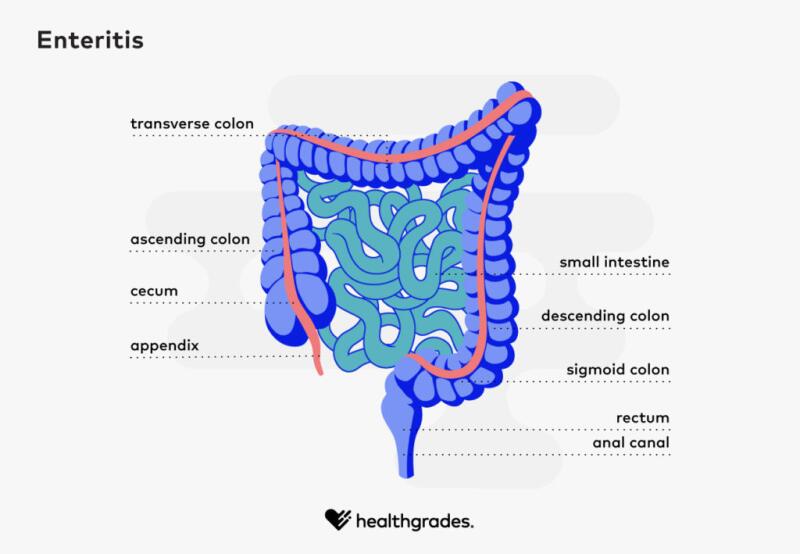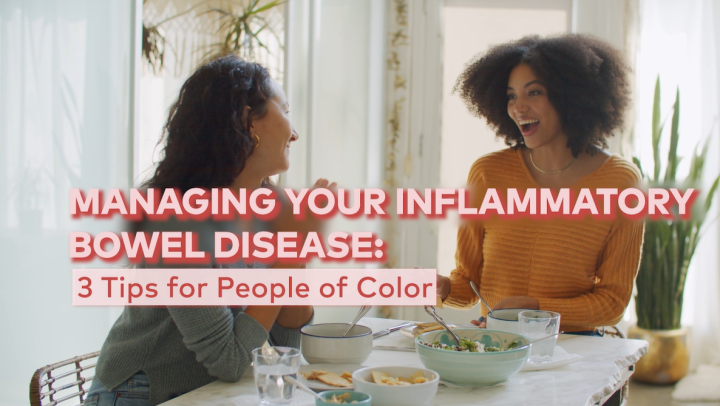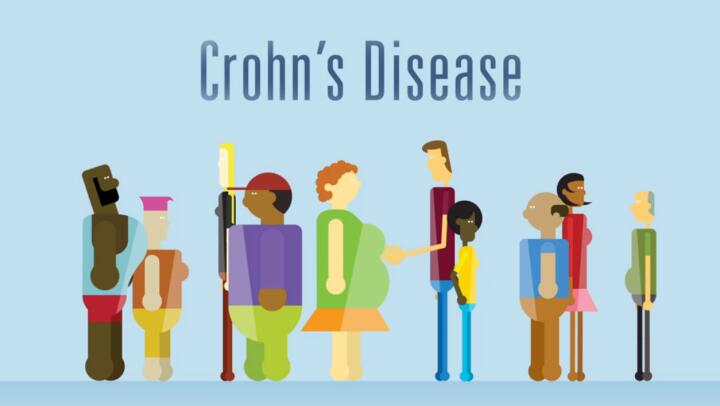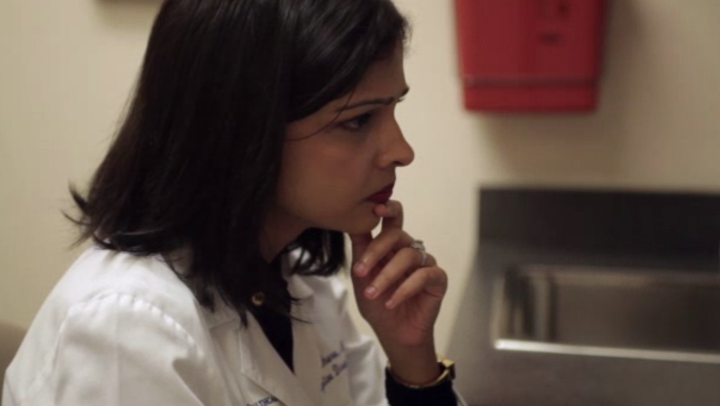Enteritis treatment depends on the cause and severity.
This article provides an overview of enteritis, including the types of enteritis as well as its causes, symptoms, and treatments.
Key facts about enteritis
- Enteritis refers to irritation and inflammation of the small intestine.
- Infections, inflammatory bowel diseases, and reduced or blocked blood flow can cause enteritis.
- People with enteritis may experience symptoms like abdominal pain, diarrhea, and fever.
- Depending on the type of enteritis, treatment may involve home care, medications, or surgery.
Continue reading to learn more about enteritis.
What is enteritis?

Enteritis is inflammation and irritation of the small intestine.
The small intestine receives semisolid food from the stomach and then breaks down this food into a liquid. It also absorbs vitamins and nutrients from the liquid. The remaining contents pass into the large intestine. This process does not work the way it should with an inflamed small intestine.
Enteritis inflammation may also affect the stomach, causing gastritis, or the large intestine, causing colitis. This can further impair digestion.
What are the types of enteritis?
There are three main types of enteritis.
Infectious enteritis
Infectious enteritis is the most common type. It is usually the result of eating or drinking contaminated food or liquids. Causes include bacteria, viruses, and parasites. Another name for it is gastroenteritis.
This type is acute enteritis, meaning the symptoms usually begin quickly.
Inflammatory enteritis
Inflammatory enteritis can be primary or secondary.
Primary inflammatory enteritis is due to a disease that directly causes inflammation. An example is Crohn’s disease — or regional enteritis.
Secondary inflammatory enteritis is the result of treatment of some other disease. Examples include chemotherapy and radiation enteritis.
Ischemic enteritis
Ischemic enteritis results from decreased blood flow or the blockage of blood flow to the small intestine. Other names for ischemic enteritis are small bowel ischemia and mesenteric ischemia.
What are the causes of enteritis?
The causes of enteritis vary by the type of enteritis.
Causes of infectious enteritis
Bacteria, viruses, and parasites are the most common cause of enteritis.
Of these, viral infections are most often to blame.
- adenovirus
- norovirus
- rotavirus
Most people call viral enteritis (or gastroenteritis) a “stomach bug” or “stomach flu.” The seasonal flu, which is caused by the influenza virus, is something different.
Bacterial enteritis causes include:
- Campylobacter
- E. coli
- Salmonella
- Shigella
Parasites that can cause enteritis include:
Causes of inflammatory enteritis
Inflammatory bowel diseases that affect the lining of the digestive tract can cause inflammatory enteritis. These include Crohn’s disease, ulcerative colitis, and vasculitis of the gastrointestinal tract.
Treatments for other conditions, including chemotherapy and radiation therapy, can also cause inflammation and irritate the small intestine.
Causes of ischemic enteritis
Ischemic enteritis is when there is reduced blood flow or a blockage that prevents blood flow to the small intestines. Several factors can contribute to ischemic enteritis, including:
- atherosclerosis
- bowel obstruction
- low blood pressure related to dehydration
- hernia
- scar tissue from surgery or injury
What are the symptoms of enteritis?
The symptoms of enteritis are similar regardless of the cause. With infectious enteritis, symptoms usually begin quickly, within hours or days of exposure.

The most common symptoms of enteritis are:
Symptoms that might indicate a serious or life threatening condition
Sometimes, enteritis can be serious or even life threatening. One of the big dangers of enteritis is dehydration. Symptoms of dehydration in adults include:
- dark-colored urine
- dizziness
- excessive thirst
- fatigue
- headache
- skin that remains raised after pinching it
- urinating less than normal
In infants and toddlers, signs include:
- dry mouth and tongue
- irritability
- listlessness
- no tears while crying
- sunken eyes, cheeks, or soft spots
- no wet diapers for 3 hours
Seek immediate medical care (call 911) for signs of dehydration or any of these serious symptoms:
- bloody stool or stool containing pus
- diarrhea that persists for more than 2–3 days in an adult or 24 hours in a child
- fever over 102°F (39°C)
- inability to keep liquids down for 24 hours
- severe or sudden abdominal pain
- vomiting blood or vomiting that persists for more than 2 days
How do you test for enteritis?
If your doctor suspects you may have infectious enteritis, they may order stool tests. Sometimes, blood tests can also be helpful. However, they
Your doctor may order imaging exams if they need to rule out other causes of your enteritis, such as Crohn’s disease. This could include an endoscopy or a colonoscopy to look at the lining of the small intestines.
How do you prevent enteritis?
To lower your risk of infectious enteritis:
- Avoid close contact with a person who has viral enteritis.
- Disinfect hard surfaces, such as doorknobs and faucets, in your home.
- Boil water from unknown or questionable sources before drinking it or drink only sealed bottled water while traveling. Brushing your teeth with bottled water is also good prevention.
- Cook food thoroughly and avoiding contamination with raw poultry, eggs, and meats.
- Keep hot foods hot and cold foods cold.
- Use clean utensils to eat food and do not share food or utensils with a person who is sick.
- Wash your hands regularly, including after using the bathroom and before preparing or eating food.
A vaccine against rotavirus is available in the United States. It can help prevent severe symptoms in children when they get the vaccine before age one. Talk with your pediatrician to determine whether the vaccine is right for your child.
If you have viral enteritis, do not prepare food for others. If possible, separate your food, drinks, and utensils from other people’s food in the same living space.
To lower your risk for inflammatory or ischemic enteritis, treat underlying conditions that can put you at risk.
How do you treat enteritis?
Most cases of mild viral enteritis only require home care measures. The main treatment is avoiding dehydration by drinking plenty of fluids and replacing electrolytes. The best choices of fluids are water, broth, and rehydration solutions. For adults, over-the-counter antidiarrheal medicines may help. However, children should not use them.
Viral enteritis should clear up within a couple of days. Reintroduce food slowly and start with easily digestible and bland foods, including:
- bananas
- crackers
- potatoes
- toast
If you tolerate these foods, gradually add back other foods. Do not introduce dairy or fatty, greasy, and spicy foods until you are feeling better.
Sometimes, enteritis due to bacteria or parasites requires medication to treat the infection, but
Treatment for inflammatory and ischemic enteritis involves treating the underlying condition. If you are receiving chemotherapy or radiation treatments, your doctor may recommend adjustments to those therapies.
With ischemic enteritis, sometimes surgery is necessary to repair a hernia, remove scar tissue, or remove damaged small intestines, depending on the situation.
What are the potential complications of enteritis?
The main complication of infectious enteritis is dehydration. Starting fluids as soon as symptoms begin can help prevent this. Seek medical care if signs of dehydration develop or if you are unable to keep down the fluids you are drinking.
Dehydration is a serious condition that can be fatal. Infants, young children, older adults, and people with compromised immune systems are at
For other forms of enteritis (inflammatory and ischemic enteritis), other complications are possible. These include tissue death, bowel obstruction, and bowel perforation, which is a hole in the intestinal wall. Prompt medical care for these forms of enteritis will help reduce the risk of complications.
Summary
The main form of enteritis — infectious enteritis — can be highly contagious. Viruses are the most common cause. Being around someone with infectious enteritis puts you at risk. You should also be cautious when traveling to places where the water or food may not be clean.
Mild cases of viral enteritis may not require any treatment other than staying hydrated and resting.
Other forms of enteritis may require medication, treatment of underlying conditions, and possibly surgery.




























